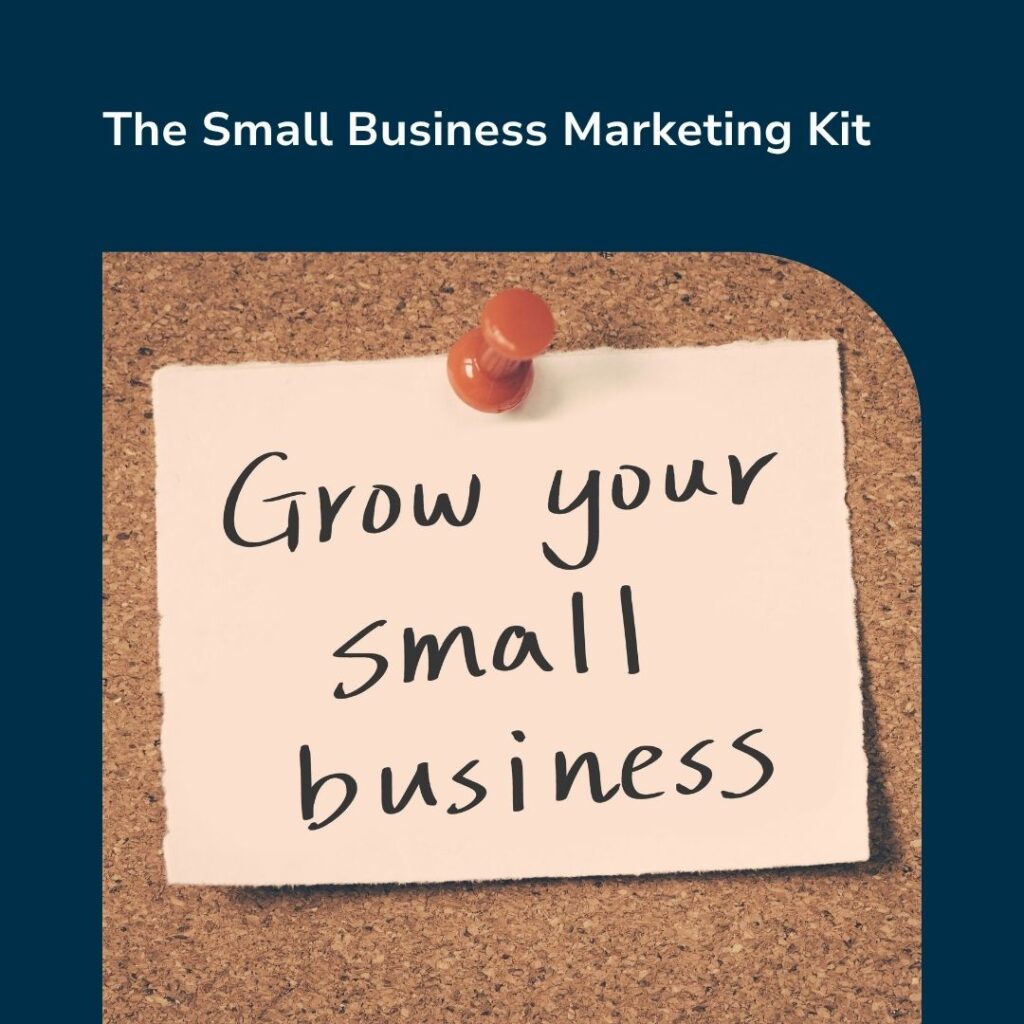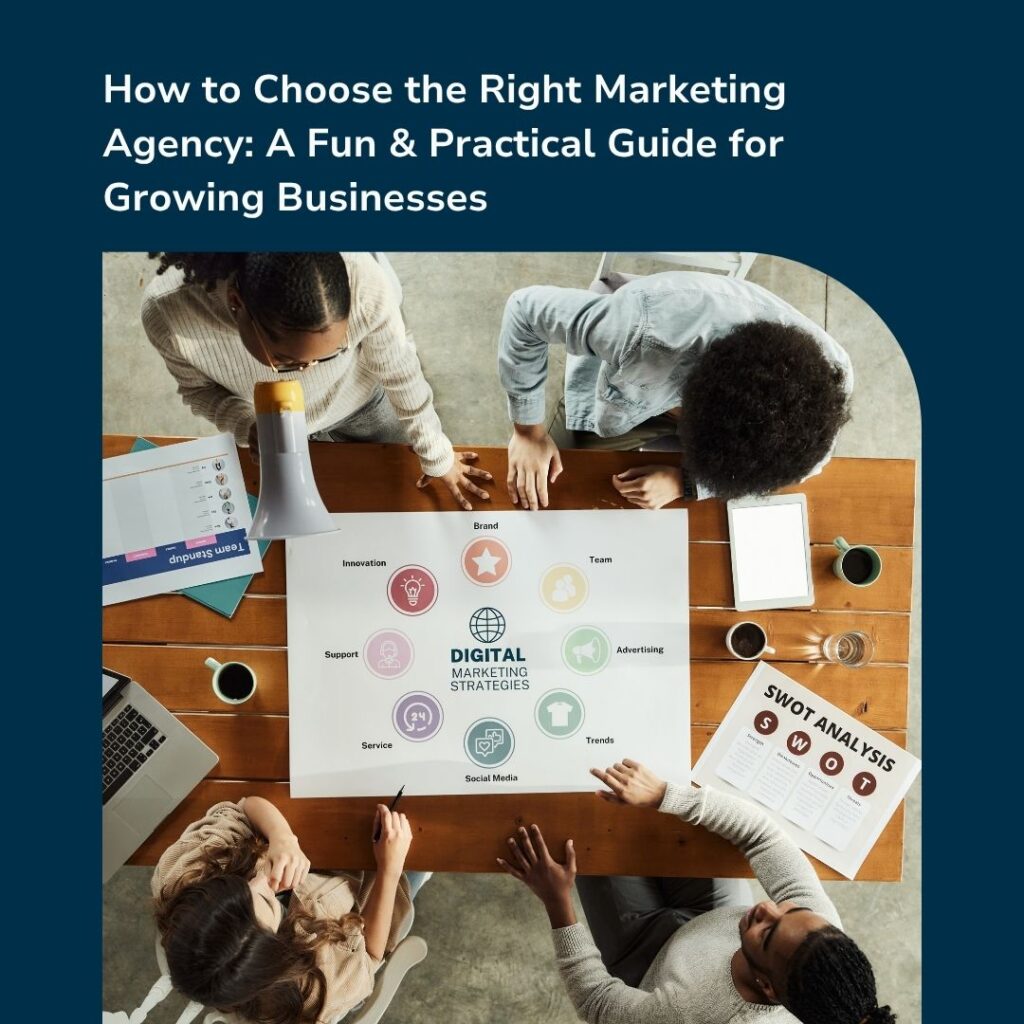A successful business is always one that is able to adapt to the ever-changing landscape of their industry.
Markets and consumer behaviour are constantly evolving, so it’s important for businesses to be able to change with them. This can be a difficult task, but with the right marketing strategy in place, it can be done.
In this blog post, we will discuss how you can create an adaptable marketing strategy that will survive any change!
Importance of an Adaptable Marketing Strategy
Adaptability helps businesses adapt quickly to new market conditions, such as economic downturns or sudden shifts in consumer preferences. Adaptable marketing strategies are essential for any business to stay competitive.
Not only do they help businesses keep up with the changes in their industry, but they also enable them to optimise and refine their marketing efforts to better reach their target audience. This can help a business maintain its relevance and increase its reach, while also allowing them to optimise their efforts for maximum efficiency.
Adaptable marketing strategies are essential for staying competitive in today’s constantly changing business landscape.
Benefits of having an Adaptable Marketing Strategy
Save Money
Adaptable marketing strategies help businesses save money by enabling them to quickly adjust their campaigns or launch new ones in response to changing market conditions. This can prevent businesses from wasting valuable resources on outdated tactics that no longer work.
Increase ROI
Adaptable strategies can also help businesses increase their return on investment (ROI). By quickly adjusting their tactics or launching new campaigns, businesses can optimise their efforts for maximum efficiency and ensure that they are getting the most out of their marketing budget.
Stay Relevant
Adaptability ensures that your business always stays relevant and in line with the interests of your target audience. Adapting to changes in consumer preferences or market conditions can help you better reach and engage with your audience, as well as increase your brand exposure.
Stay Competitive
Adaptability is key to staying competitive in today’s ever-changing business landscape. Adapting quickly to changes can help businesses maintain their edge over their competition and remain relevant in the long run.
Improve Customer Experience
Adaptability also helps to improve customer experiences by allowing businesses to quickly adjust their services or products in response to changing customer needs. Adapting quickly can help ensure that customers always have access to the best possible service or product available.
How to Create an Adaptable Marketing Strategy
Research Trends in Economy
The first step to creating an adaptable marketing strategy is researching trends in the economy. Knowing what market changes are on their way can help businesses better prepare for any shifts they might encounter in the future.
You can take a look at both the current and past financial climate and look for signs of industry changes. Knowing what the future holds can help you create a more effective adaptable strategy down the line.
Reading newspapers, blogs, and industry publications can also help you stay up-to-date with the latest news in your field.
Predict and Plan the Changes
In a business, three types of changes are inevitable: changes in industry, consumer needs, and the competitive landscape.
Changes in Industry: Changes in industry include trends such as advancements in technology, new regulations, and changes in economic conditions. It is important to stay on top of these changes so that your Adaptable strategies can properly anticipate any future shifts.
Changes in Consumer Needs: Adaptability also relies on understanding consumer needs. Your target audience may change over time, and it is essential to stay updated on their preferences. Keeping track of changing consumer tastes can help you create adaptable strategies that better meet the needs of your target audience.
Similarly, consumer needs vary depending on the economic, financial, cultural, social, personal and psychological factors. Adaptability requires a deep understanding of these various factors and how they may impact consumer needs.
To get an understanding of your consumer needs, it is important that you know your audience. Conducting market research and surveys can help you stay updated on your customers’ interests, likes, and dislikes.
Changes in the Competitive Landscape: Adaptability also depends on staying up-to-date with changes in the competitive landscape. Knowing what your competitors are doing can help you anticipate their strategies, enabling you to create adaptable tactics that keep you one step ahead. Conducting regular competitor analysis and research can help you stay informed on their activities.
For example, if your competitor has started using a new marketing tool, you should consider doing the same. Adapting to changes in your competitors’ strategies can help you stay competitive and ahead of the game.
Adapt Your Strategies As Needed
After you have identified potential changes in the market, it is important to identify how these changes will impact your company’s adaptable marketing strategy. You can start by creating a list of adaptable strategies that can be implemented in response to any potential changes you have identified.
Your adaptable strategy should include flexible tactics that can be adapted to a variety of conditions. Adapting quickly to changing conditions requires a deep understanding of the target audience, competitors and industry trends. It also requires an agile approach to marketing that is tailored to meet the needs of your customers. This can include leveraging different channels such as social media, digital marketing, traditional marketing and public relations to reach the right customers.
Utilise Automation
Utilising automation can help simplify adaptable marketing strategies by making it easier to quickly adjust or launch campaigns in response to market shifts or customer needs.
Automation can also help you track customer engagement, enabling you to identify areas that need improvement.
Experiment and Adapt
Adaptability also requires experimentation. Trying out new strategies or tactics and analysing their success can help you determine which adaptable strategies are working best for your company.
Adjusting your adaptable strategy in response to the results of each experiment can help you create a more effective adaptable marketing plan that is tailored to meet the needs of your customers.
Monitor Results
Adaptability requires regularly monitoring and evaluating the results of your adaptable marketing strategies to determine their effectiveness. If your adaptable strategies are not producing desired outcomes, it may be necessary to adjust them in order to stay relevant.
Adaptability requires a commitment to regularly monitoring and adapting your strategies in response to customer needs, industry trends and the competitive landscape.
Re-evaluate Regularly
Adaptability requires monitoring of both internal and external changes in order to remain relevant and competitive. It is important to re-evaluate your adaptable strategies regularly, as the environment can shift quickly and without warning. By staying up-to-date with changes, you can ensure that your adaptable marketing strategies remain relevant and effective.
Concluding Remarks
To conclude, creating an adaptable marketing strategy can help ensure business success in fluctuating economic conditions. By understanding consumer needs, staying up-to-date with the competition and utilising automation, adaptable strategies allow companies to quickly adjust their marketing tactics in order to remain competitive.
Adaptability requires a commitment to regularly monitoring and responding to changing conditions in order to create successful adaptable strategies.
By following these steps, you can create an adaptable marketing strategy that will help your business survive and thrive despite any market changes.
Adaptability is the key to success, and with a well-crafted adaptable strategy, your business will be prepared for whatever the future has in store.









